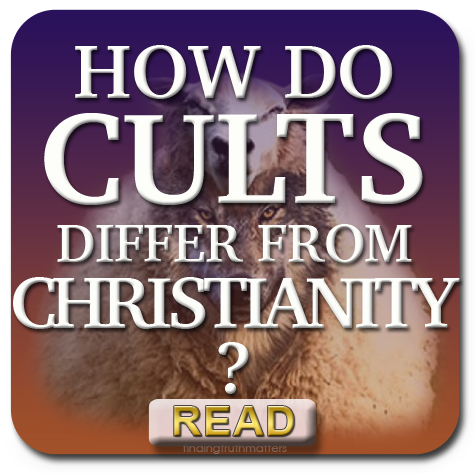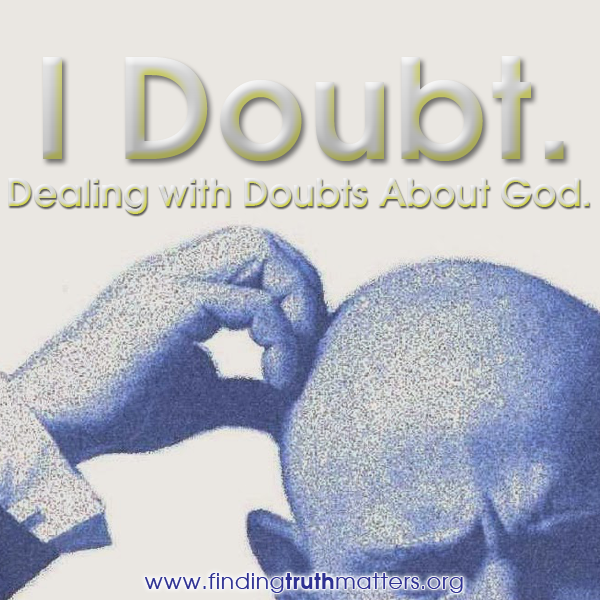
by Andrew Corbett | Dec 23, 2017 | Apologetics
From the outset of the founding of the Church there have been direct and indirect assaults against it. Opposing religious ideas have been relatively easy to identify and distinguish from Christianity. What has not been as easy to identify are pseudo-Christian ideas which have been more of an indirect assault against Christianity. This is because they claim to be Christian and even use Biblical and Christian language to state their position. Shortly after Christ delivered and defined the Gospel, there arose those whom the Apostle Paul described as “proclaim(s) another Jesus” and “a different gospel” (2Cor. 11:4). He specifically warned the Galatians about this…

by Andrew Corbett | Oct 3, 2017 | Apologetics
Why do some people believe? Every Christian has a story of conversion. For some Christians their story is a journey from atheism to belief in the God of the Bible because of the evidence. For others, like Abdu Murray, their conversion story from Islam to Christianity was based on the credibility of the Bible. Then for those like Sy Rogers, former homosexual and formerly a Gay Rights activist, his conversion to Christianity was based on the love and acceptance he experienced in a Christian community. Many people become Christians for reasons like these, but, by far, the most common reason, at least statisticaly, is some kind of Pentecostal encounter.

by Andrew Corbett | Sep 28, 2017 | Apologetics
People of all ages have lingering questions that have occupied and troubled the greatest minds of each generation. Most of the challenging philosophical conundrums are usually the exclusive domain of philosophers – but not these three questions. Both the philosophically adept and the philosophically untrained have a right to feel a vested interest in how these questions might be answered. Indeed, how we answer them has an immediate and potentially fatal bearing on how we view ourselves and those around us. And it is here we begin to question.

by Andrew Corbett | Sep 27, 2017 | Apologetics
People of all ages have lingering questions that have occupied and troubled the greatest minds of each generation. Most of the challenging philosophical conundrums are usually the exclusive domain of philosophers – but not these three questions. Both the philosophically adept and the philosophically untrained have a right to feel a vested interest in how these questions might be answered. Indeed, how we answer them has an immediate and potentially fatal bearing on how we view ourselves and those around us. And it is here we begin to question.

by Andrew Corbett | Aug 27, 2017 | Apologetics
We are divinely designed to doubt! Doubt should be a normal healthy human response to an unsubstantiated claim. Doubt says, I won’t believe this unless I have good reasons to. When it comes to belief in God, more and more people have moved from doubt to cynicism largely because they believe there are no reasons or evidences for the existence of the God of the Bible. All too often those who do believe in God promote the incorrect idea that belief in God is a solely a matter of faith – without any need for rational evidence. Little wonder then many doubters in God have become convinced there is no God. There are some good reasons to doubt God’s existence, but some even better reasons to doubt these doubts!

by Andrew Corbett | Aug 26, 2017 | Apologetics
The fact that we all doubt to some extent suggests that each of us shares in the universal human craving to not be deceived and that we all intuitively want to know the truth. Even when it comes to Biblical spirituality, rather than seeing doubt as spiritually negative, it can actually be a positive. After all, appropriate doubt can protect us from injury and even galvanise our worthy convictions. Doubt is not incompatible with Christianity.






